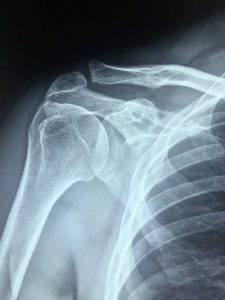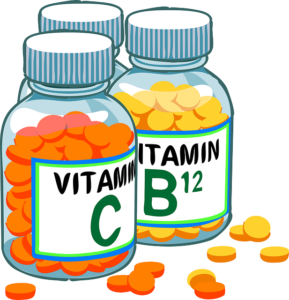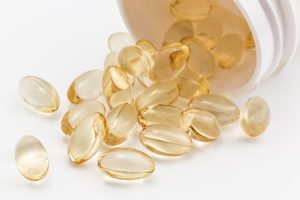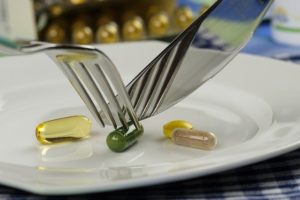The pain relieving expert gives a hint: Atherosclerosis. What works and what doesn’t? Let’s take a look. Ready? Then let’s start…
Arteriosclerosis (hardening of the arteries) is considered incurable. The factors that lead to the dreaded deposits in the blood vessels can actually be prevented or/ in some cases also reduced to a certain extent with an adapted diet and lifestyle. The hardening of the walls of the arteries and deposits in the blood vessels lead to a narrowing and, in the worst case, to a blockage of the arteries. I think the result of this is self-explanatory.
Double-blind study (2005), published in the scientific journal: “Atherosclerosis”.The intake of 2.5 mg folic acid, 25 mg vitamin B6 and 0.5 mg vitamin B12 (over 1 year) led to a significant reduction in the thickness of the blood vessel walls. So a Vitamin B complex, to put it simply.
Homocysteine is an intermediate product of protein metabolism that is broken down in healthy people. In almost half of all atherosclerosis patients, homocysteine levels are too high.
Study (2010)The daily intake of 5 mg folic acid can reduce homocysteine levels by up to 25 percent. The study also showed (103 patients with at least one cardiovascular risk factor) that after 18 months, the thickness of the carotid artery wall decreased significantly in the folic acid group, while it increased significantly in the placebo group.
Evaluation of 44 studies on vitamin C (2014) Result: positive effect of vitamin C supplementation on vascular function in people with arteriosclerosis. The higher the cardiovascular risk of a person and the higher the vitamin C dose taken, the better the effect of the vitamin.
Personal note: I have also used 10g! (not mg) daily for myself.
Study (2004) 50 ml pomegranate juice (1 year), reduction of the thickness of the vessel walls by up to 30 percent, while the thickness in the control group (who did not drink pomegranate juice) increased by 9 per cent.
L-arginine is an amino acid and increases the body’s own nitric oxide formation – and nitric oxide is responsible for the dilatation of blood vessels. In further studies, L-arginine was able to reverse the accumulation of monocytes on the vessel wall (a process in the formation of arteriosclerosis) in men with already narrowed coronary vessels and normalise blood clotting,
Further studies on animals show very significant effects related to vasodilatation and inhibition of deposits. (Daily dose: 1-2g)
If you are interested, I would be happy to discuss other things that make sense. But that will happen another day, my friends. ![]() We have learned something again, haven’t we?
We have learned something again, haven’t we? ![]()
For questions – well you know how it works.
Stay strong.
See you next time.
Matti













